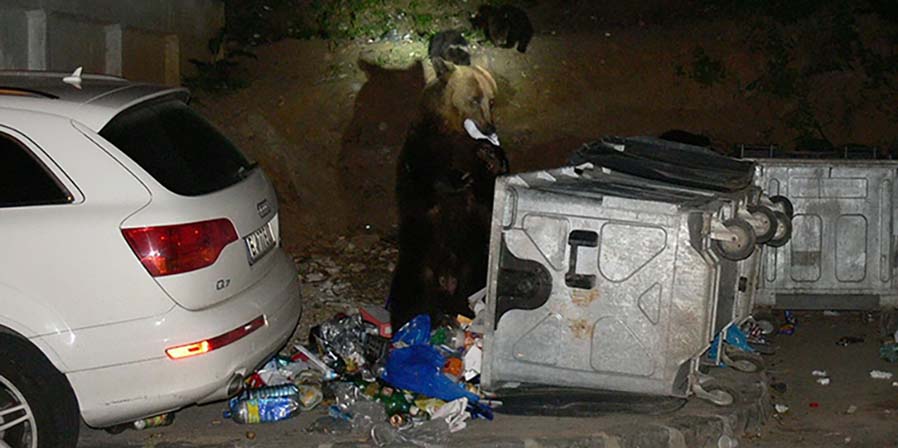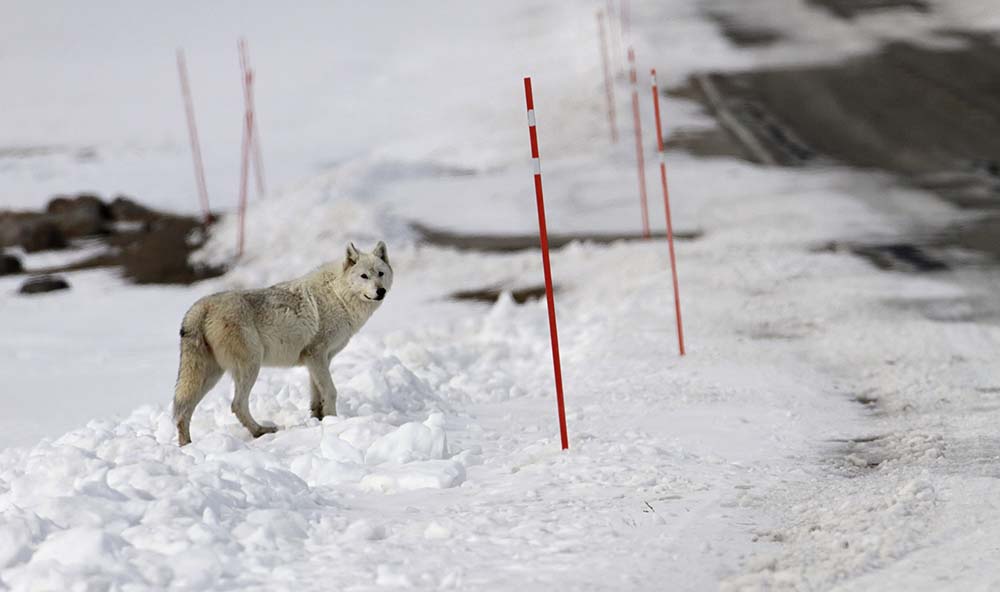
12 Jun 2020 EU court ruling: Strict protection of species extends to outside natural habitats
BACKGROUND In 2016, a wolf – which was wandering in a Romanian village located between two Natura 2000 areas – was captured and relocated, without any prior authorisation in line with the Habitats Directive. A criminal complaint was filed in respect of the offences associated with the unsafe capture and relocation of the wolf. It was unclear to the referring court whether the strict protection offered by the EU Habitats Directive applies to this case, namely the capture of wild wolves on the outskirts of a town or city. Hence, the case was referred to the Court of Justice of the EU (CJEU) for a preliminary ruling.
On 11 June 2020, the CJEU confirmed that the system of strict protection laid down in the EU Habitats Directive also applies when a species leaves its natural habitat and strays into human settlements. This effectively expands the geographical scope of this directive to cover also densely populated inhabited areas (cities, villages, towns etc.) despite the fact that many do not consider the natural range of a wolf to be in a village/town/city.
More specially, this judgement extends the concept of “natural range” in the directive for strictly protected animal species to human settlements. To put this simply, we now know that a wild wolf is now deemed to be in its “natural range” wherever it decides to go.
Furthermore, as regards the management of problems that may arise where a strictly protected species comes into contact with humans or their properties or any other situation, the Court recalled that Member States are responsible to adopt a full legislative framework under the EU Habitats Directive, which permits derogations from the system of the strict protection.
On account of this ruling, some Member States may need to amend their national legislation to ensure a legal framework, perhaps a more complex one than what currently exists, is in place. In effect, all the directive’s procedural hurdles must be passed before a wandering wolf (e.g. eating or playing with the family dog or something more serious) could be captured and translocated to a more suitable site.
Solutions are needed therefore, so that authorities can intervene when immediate action is required in the interest of citizens and the wildlife concerned without lengthy bureaucratic procedures or legal action by the CJEU. Perhaps we need to reinforce the separation between humans and wolves as some suggest[1], so that wolves retain their iconic wild nature and conflicts are reduced.
[1] https://www.sciencedirect.com/science/article/abs/pii/S0006320718316100


